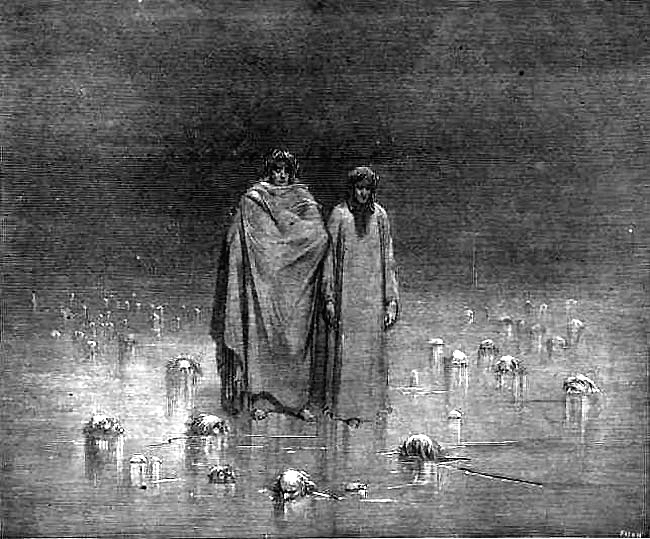
Return
"...the imponderables of empirical life [are] among the essential engines of artistic creation. Accordingly, he [Herder] rejects universalistic constructs of the self as well as binding paradigms of the beautiful. Because both cases have to do only with arbitrarily created ideals, it is, as a countermove to art, incumbent upon the aesthetic and 'interessegeleiteten' (interest-directed) self to discover new areas of experience. Aesthetic individuality is measured accordingly for Herder, according to willingness not to appeal to specific points of view and exclusive moral concepts." 1
"The explosive power of such ideas cannot be measured by the reservations that Herder has against the self-image of Enlightenment rationalists. In their circle any conclusion that was responsible, due to its crude faith in science, for the age of light gradually losing its perspective, was viewed as scandalous. Applied to Herder's reading of the works of Baumgarten it becomes clear why he had to reject the putative revaluation of the senses within the context of scientific theories of the beautiful: because enlightened philosophers such as Baumgarten merely exploit the senses as tools of reason, they punish the human being to a certain extent with abiding blindness. Instead of making the senses and with them the undisciplined presence of everyday life a starting point for their aesthetic ideas, they begin with the notion of a heretofore Christian transfigured hereafter, which is now associated with eternal truths ..." 3
1
"A Companion to the Works of Johann Gottfried Herder", Editors: Hans Adler, Wulf Koepke; p. 146
2
ibid., p. 147 The transcendental, non-temporal world is a world never experienced: consistent with prejudices.
3
ibid., pp. 147, 148
© Copyright 2006 - 2016
The Esther M. Zimmer Lederberg Trust
 Website Terms of Use
Website Terms of Use